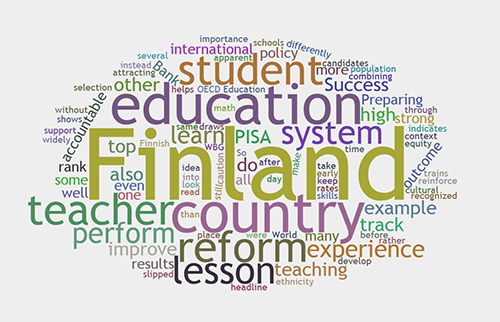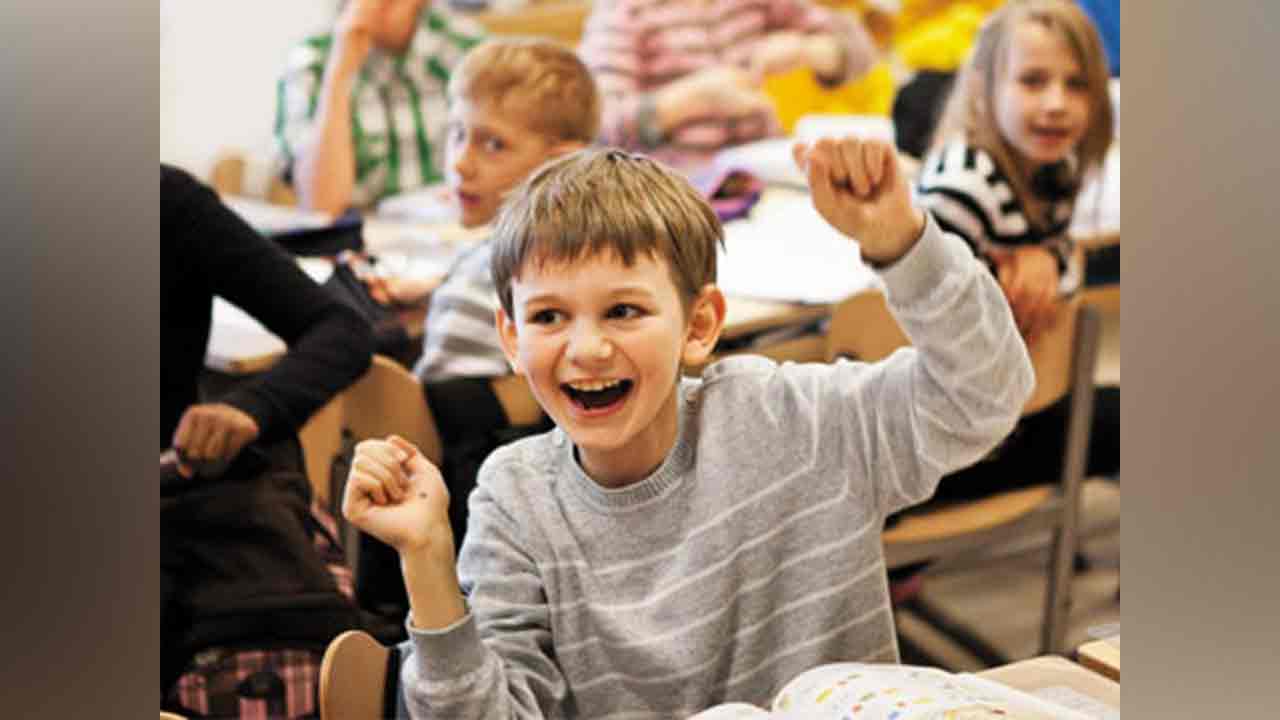Education in Finland is widely recognized as one of the best education systems in the world. The Finnish approach to education emphasises equal opportunities, student well-being, and a focus on practical skills that prepare students for real-world success.
The Finnish education system is publicly funded and operates on the principle of free education for all students, from preschool to university. The government provides funding for schools, textbooks, and other learning materials, as well as school meals, transportation, and health care services.

The Finnish approach to education places a strong emphasis on early childhood education and care. All children in Finland are entitled to early childhood education from the age of six months to six years. Early childhood education is focused on play-based learning and the development of social skills, creativity, and problem-solving abilities.
Primary education in Finland begins at the age of seven and lasts for nine years. The curriculum for primary education is broad and covers a wide range of subjects, including Finnish language and literature, mathematics, science, history, geography, music, art, and physical education. The Finnish education system places a strong emphasis on practical skills, such as teamwork, critical thinking, and problem-solving.
Secondary education in Finland is divided into two types of schools: general upper secondary schools and vocational education and training institutions. General upper secondary schools prepare students for higher education, while vocational schools provide students with practical skills for a career in a specific field.
In general upper secondary schools, students can choose their own curriculum and specialise in areas such as mathematics, natural sciences, humanities, social sciences, or arts. Students are also required to study two foreign languages, usually English and Swedish. The curriculum in general upper secondary schools is designed to be challenging and prepare students for university-level studies.
Vocational education and training institutions in Finland offer a variety of programs that prepare students for careers in areas such as health care, technology, business, and tourism. Vocational education and training programs provide students with practical skills and work experience, as well as a strong foundation in academic subjects such as Finnish language, mathematics, and English.
In addition to traditional classroom learning, the Finnish education system places a strong emphasis on outdoor education and experiential learning. Many schools in Finland have forests, lakes, and other natural environments nearby, which are used for outdoor learning and activities such as camping, hiking, and skiing. Experiential learning is also incorporated into the classroom, with students encouraged to work on projects and solve real-world problems.
One of the key features of the Finnish education system is the high level of teacher training and support. All teachers in Finland are required to have a master’s degree in education, and teacher training programs are highly competitive. Teachers in Finland are also given a high level of autonomy and trust, with the freedom to design their own lessons and assessments.
The Finnish education system has been successful in producing high levels of academic achievement and well-being among students. Finnish students consistently score among the highest in the world in international assessments of reading, mathematics, and science, and Finland has one of the lowest rates of student dropouts in the world. The Finnish education system also places a strong emphasis on student well-being, with schools providing health care services, counselling, and other support services to ensure that students are healthy and happy.
Education in Finland is characterised by a focus on equal opportunities, practical skills, and student well-being. The Finnish education system places a strong emphasis on early childhood education, practical skills, and outdoor and experiential learning. The high level of teacher training and support in Finland has also contributed to the success of the education system. Overall, the Finnish education system is a model for other countries seeking to improve their education systems and provide high-quality education to all students.








